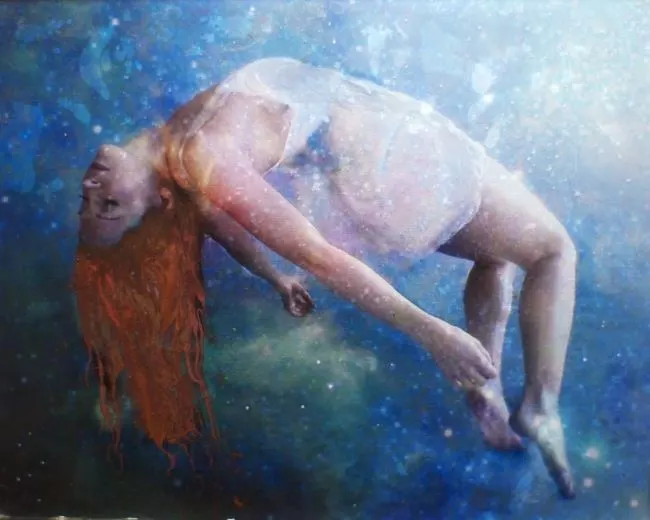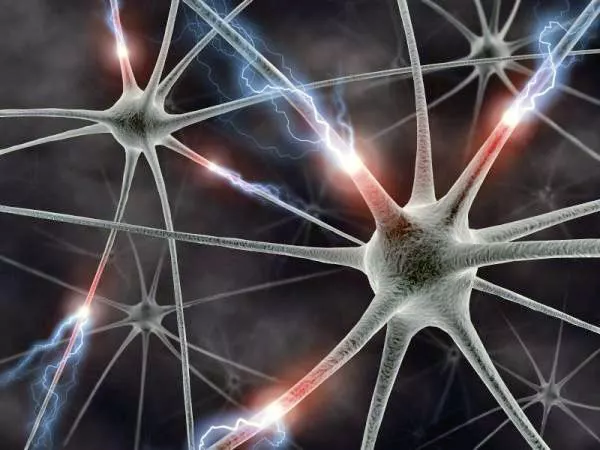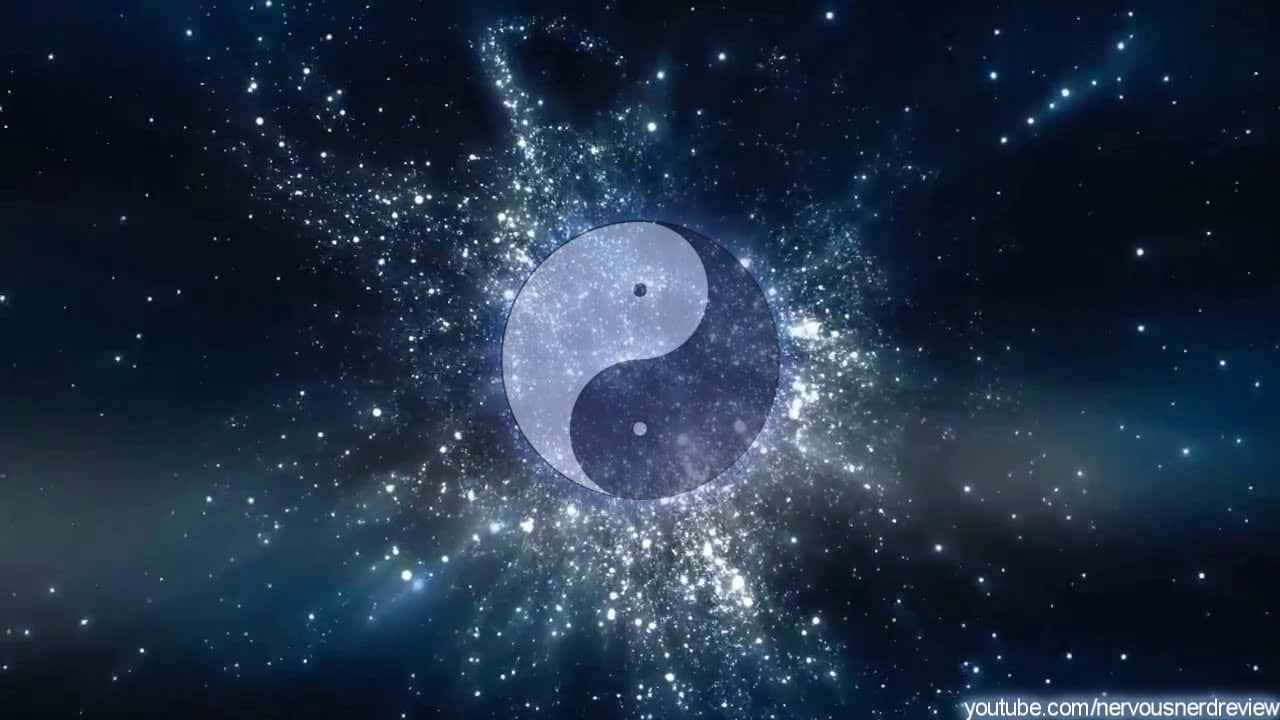“Everybody’s got a past. The past does not equal the truth unless you live there.” ~ Tony Robbins
Most of us know by now that holding on to the past does us no good. Can we change the past? No. Is reliving a past situation over and over in our minds ever going to make the past different? No. So why is it that so many of us spend time mulling over past situations?

It’s as if our mind believes if we keep thinking about it over and over, somehow we will have a magical thought or revelation that will suddenly make us feel better about what happened.
And while this may be the case some of the time, often when we use our heads to “think” of the solution vs. letting our heart feel the feelings it needs to in order to move forward from a situation, we notice that the same issues seem to pop back into our life in one form or another.
Either we continue to think about a past circumstance later as if the “aha moment” we had previously never happened, or another event pops into our reality that is similar to the previous one and then we wonder why we keep attracting similar people, places or events to us.
How do we finally make peace with the past once and for all? How can we go about being just ok with what did happen and at the same time rise above the old vibrations of our former self so that we don’t attract similar situations in future?
Here are 6 ways to let go of the past ~
“Let today be the day you finally release yourself from the imprisonment of past grudges and anger. Simplify your life. Let go of the poisonous past and live the abundantly beautiful present… today.” ~ Dr. Steve Maraboli
1) Forgive Yourself
Forget about forgiving others. To forgive another is completely impossible unless we have first forgiven our own selves. Our innocent hearts felt an emotion in response to a situation and we may have judged it as “wrong”.
“Anger, judgment, criticism, etc… are not very becoming of you, so you were wrong to feel these things,” is the message we send to our heart. So instead of your heart knowing that it is heard by us and loved unconditionally, we tell it is not “good enough” yet.
This is why emotions persist. They are only arising inside of us to be loved unconditionally. Instead of judging yourself for having less than desirable emotions, just forgive yourself for having them. It’s ok to feel an emotion.
It’s why we are here. Something miraculous happens as we begin to forgive ourselves. Inner peace emerges as soon as we stop judging ourselves for being human, and consequently we give other people the freedom to be human as well.
Suddenly we become more understanding, compassionate and empathetic in the face of any adversity, and the past situation that brought about so much angst inside of us are looked at from a more loving perspective.
2) Love the one who “fixates”
How many times have you criticized yourself for not being able to stop thinking about someone or what someone did to you or how a situation happened? Probably more than you would like to admit.
Unfortunately, trying to control our mind by condemning it for replaying the past isn’t going to make it stop. The replay will just keep coming, no matter how much we try to tighten the leash on our own minds. Surrender to it.
You can say something like, “I accept that I don’t know how to stop obsessing about what happened, I now call upon a higher power to resolve this issue for me.” When we relinquish “control” over to a force more powerful than us, we open ourselves up to receiving help.
Our ego isn’t designed to be able to get over anything on it’s own, only rising to a new level of consciousness will help us transcend any perceived “problem.” This can only happen as a result of inviting more presence and awareness into being.
3) Look for the positive
Nothing happens that isn’t meant to evolve us in to a better version of our former self. So when we think about a past situation try and find at least one “positive” that happened as a direct result of that circumstance.
This way we start training our minds to always look for the positive in any situation. Soon we notice we are naturally flowing with life instead of fighting and resisting every unplanned set of circumstances.
4) Express gratitude for what you learned
If we know that nothing in life happens that is not for our betterment, we can learn to start saying “thank you” as our response to everything. Even if we have no idea what we are thankful for at the time, we can be assured that sooner or later the reason behind a situation will reveal itself.
As we look to our past and try to make sense of things and fret over why something happened the way it did, just say thank you. Soon the reasons that we are thankful begin to show themselves to us and we become completely accepting and understanding of why things happened the way they did which allows us to move past things and live more in the present.
5) Remember, only “Now” exists
 The past is over. It’s already done. The only moment we really have is now, and as we start to practice mindfulness either through meditation, or creativity or whatever, we start to live more in the now as a natural result. The by-product to being rooted in our “now” is that we notice that our minds are less inclined to re-visit the past.
The past is over. It’s already done. The only moment we really have is now, and as we start to practice mindfulness either through meditation, or creativity or whatever, we start to live more in the now as a natural result. The by-product to being rooted in our “now” is that we notice that our minds are less inclined to re-visit the past.
So immerse yourself in something you enjoy, create something, or do something that makes you feel “alive.” The pleasure of these tasks will motivate us to live more in our experiences as they happen instead of reliving the past and trying to change something that is impossible to change.
6) Allow yourself to feel
Don’t be afraid to feel any unresolved feelings that are still coming up in response to you thinking about a past situation. Allow yourself to get as angry as you want, cry if you need to, scream if you are so inclined, but whatever you do don’t stifle your emotions.
All emotions are “ok” and if we give ourselves some quiet time to feel any emotion we want, we allow ourselves a safe space to be able to move past them in a healthy manner.
The minute we give the green light to our hearts to feel anything it wants, we notice the energy of the emotions dissolving into the light of our own being.
Image Source



 Some helpful routines and suggestions for manifesting what you want can be too vague, others too materialistic. The first rule of witchcraft, whether you’re interested in that side of it or not is that, whilst you’d love to be off creating colorful spells and doing one for this and one for that, actually the greatest wisdom is knowing that everything is already OK the way it is and doesn’t need your interference thank you very much.
Some helpful routines and suggestions for manifesting what you want can be too vague, others too materialistic. The first rule of witchcraft, whether you’re interested in that side of it or not is that, whilst you’d love to be off creating colorful spells and doing one for this and one for that, actually the greatest wisdom is knowing that everything is already OK the way it is and doesn’t need your interference thank you very much.








 The Word of God is not actually the word of god is it? It’s been translated, tampered with and passed down through Chinese whispers until the whole thing has become entirely inaccurate. Us humans are faced with this conundrum yet we continue to try.
The Word of God is not actually the word of god is it? It’s been translated, tampered with and passed down through Chinese whispers until the whole thing has become entirely inaccurate. Us humans are faced with this conundrum yet we continue to try.









